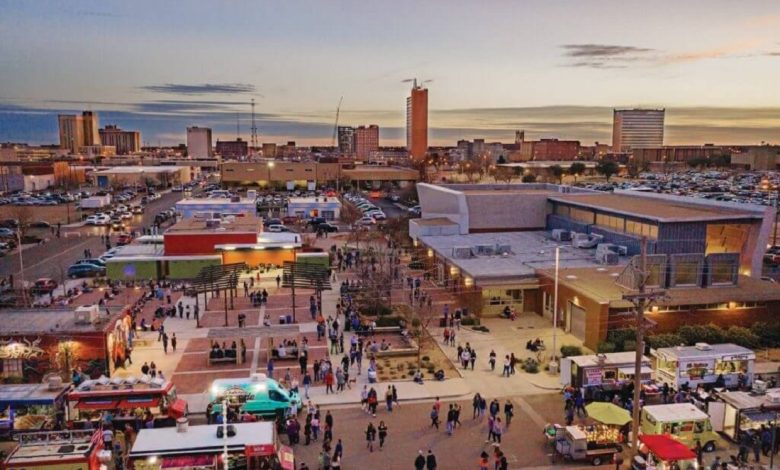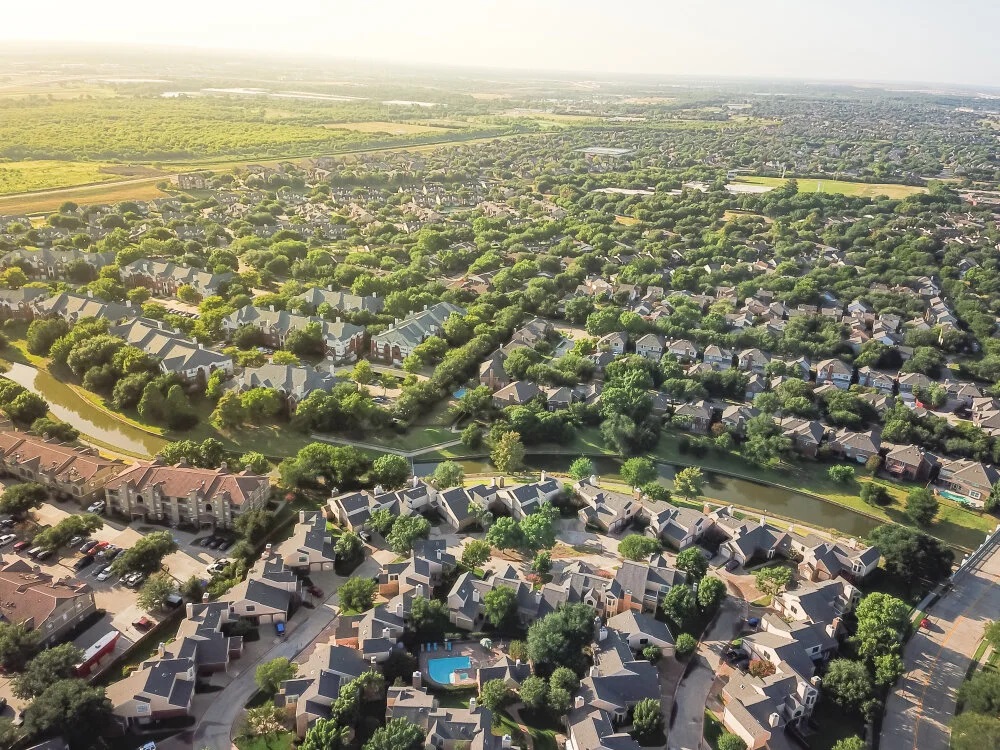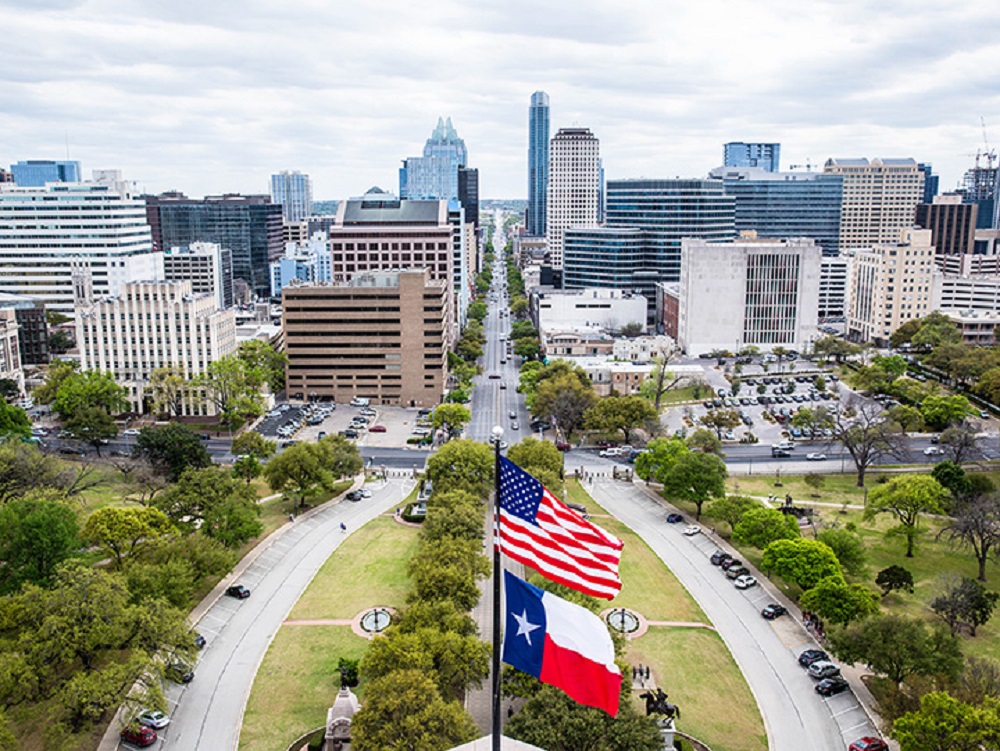Muslim Communities in Small-Town Texas: Faith, Family, and New Beginnings
How Muslim families are building faith, business, and belonging in rural and small-town Texas.

Texas, known for its wide-open spaces and diverse population, is witnessing a quiet yet meaningful transformation — the growth of Muslim communities in small towns far from major cities like Dallas, Houston, or Austin. While large urban centers have long served as cultural and religious hubs, a new chapter is unfolding in rural Texas, where Muslim families are settling, working, and creating new roots.
From Cities to Small Towns: A New Migration Trend
In recent years, many Muslim families have been moving out of big metropolitan areas seeking affordable housing, safer neighborhoods, and stronger community ties. Small towns such as Tyler, Wichita Falls, Lubbock, College Station, and San Angelo are now home to growing Muslim populations who balance faith and modern American life.
This movement reflects a nationwide trend: second- and third-generation Muslim Americans looking for quieter, family-friendly environments while maintaining their religious and cultural identity.
Building Mosques and Islamic Centers
Wherever Muslim families settle, the first priority is usually establishing a place of worship. In small-town Texas, community members often begin by transforming rented spaces or homes into prayer halls before constructing permanent mosques.
For example:
-
In Lubbock, the Islamic Center has become a beacon for Muslim students and professionals from across the region.
-
Tyler and Wichita Falls host small but active Muslim associations that organize Friday prayers, Ramadan iftars, and youth programs.
-
In College Station, home to Texas A&M University, Muslims from dozens of countries gather at the Islamic Community of Bryan–College Station.
These centers are not just religious spaces — they serve as cultural and educational hubs where families build connections and teach children about faith and belonging.

Entrepreneurship and Halal Businesses
Muslim entrepreneurs have played a key role in shaping these communities. Many have opened halal markets, restaurants, and small grocery stores, providing essential products and fostering cross-cultural exchange.
In places like Abilene or Killeen, halal butcher shops and Middle Eastern or South Asian eateries are helping introduce local Texans to new flavors and traditions. This economic activity contributes to the diversity and vitality of small-town life, breaking stereotypes and creating mutual respect.
Education and Integration
Muslim families in rural Texas often place strong emphasis on education and community service. Many parents are professionals — doctors, engineers, or small business owners — who actively participate in local schools and civic organizations.
Through youth programs, interfaith initiatives, and volunteer efforts, Muslim Texans are helping reshape perceptions, showing that Islam is not confined to big cities but deeply integrated into the moral and social fabric of small-town America.
Faith and Belonging in America’s Heartland
Life for Muslims in smaller Texas towns is not without challenges. Isolation, lack of large Muslim populations, and occasional misunderstanding from locals can make it difficult. Yet, these communities often respond with patience, kindness, and engagement.
Over time, neighbors learn from one another — attending open mosque days, joining Ramadan dinners, or sharing meals during Eid celebrations. In this way, faith becomes a bridge rather than a barrier.

Conclusion: A Quiet but Powerful Presence
The growth of Muslim communities in small-town Texas represents a powerful story of integration and faith. These families are not just building mosques — they are building relationships, businesses, and a shared sense of belonging.
From the Panhandle to the Gulf Coast, Muslims are helping redefine what it means to be Texan: faithful, hardworking, and deeply connected to community life.



